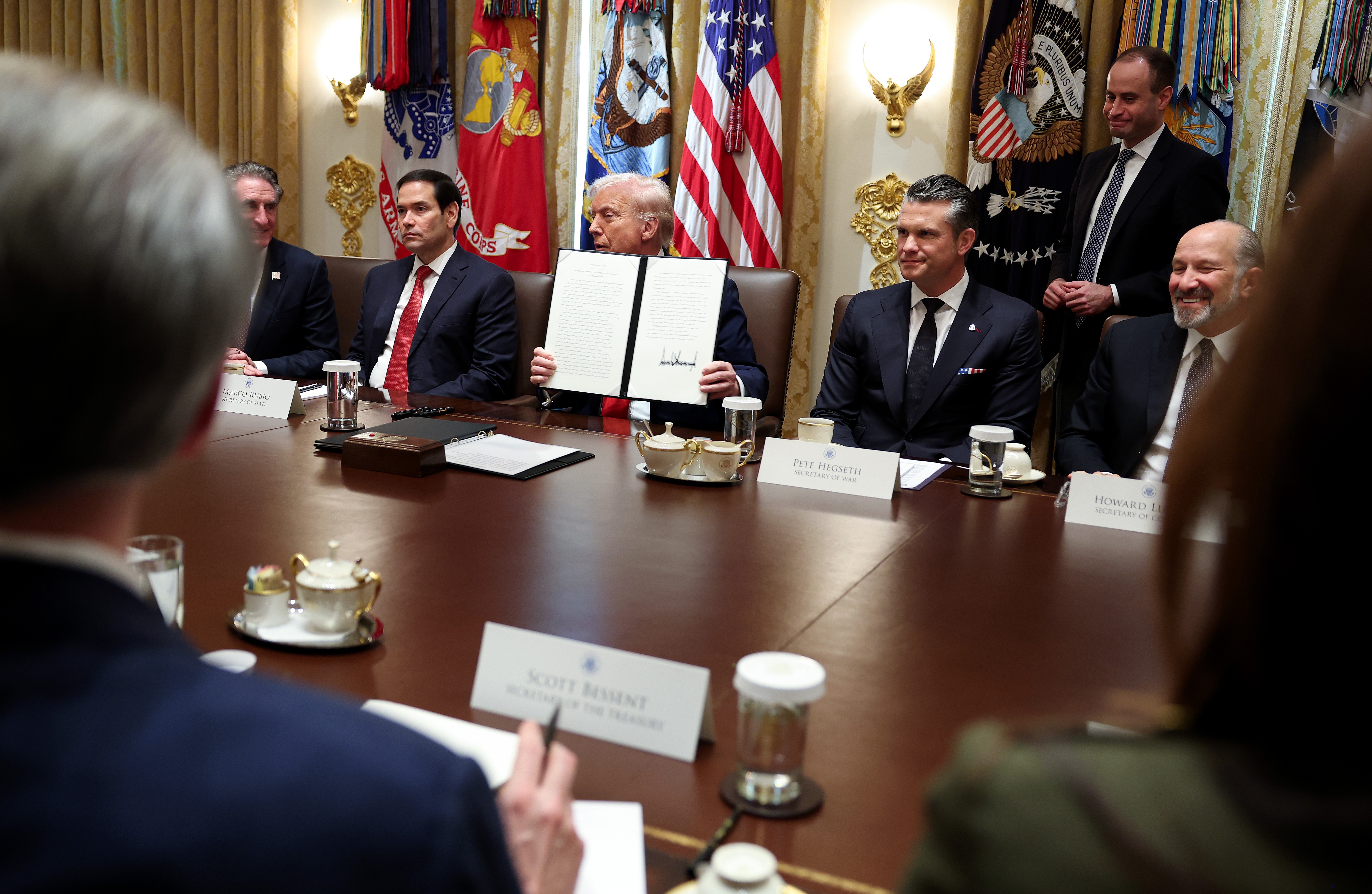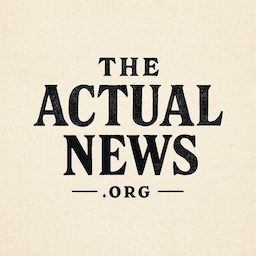Summary
President Trump signed a proclamation to observe Columbus Day, highlighting the explorer's legacy. This move seeks to emphasize Columbus Day as a significant holiday despite the growing recognition of Indigenous Peoples Day. Critics point out the controversial aspects of Columbus' history.
Key Facts
- President Donald Trump signed a proclamation to celebrate Columbus Day.
- The proclamation aims to “reclaim” Columbus' legacy, emphasizing his courage and virtues.
- Columbus Day has been challenged in recent years, with Indigenous Peoples Day being recognized instead by some individuals and locations.
- As of 2025, 30 U.S. states and 3 territories recognize Columbus Day, while 17 states and Washington, D.C., mark Indigenous Peoples Day.
- Columbus, born in Italy in 1451, reached the Americas in 1492, believing he had arrived in Asia.
- Columbus Day was first celebrated in 1892 by President Benjamin Harrison and declared a federal holiday by President Franklin Roosevelt in 1934.
- The proclamation did not mention Indigenous Peoples Day, which critics argue represents the negative impacts of Columbus' arrival on Indigenous populations.

